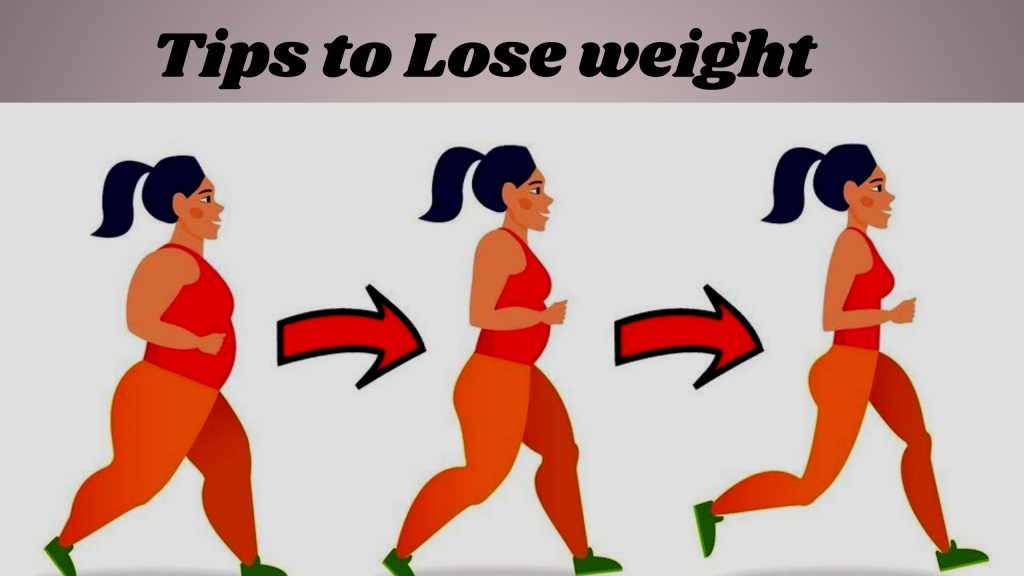

Losing weight in a healthy and sustainable manner involves a combination of adopting a balanced diet, staying physically active, and making positive lifestyle changes. Here are some tips to help you on your weight loss journey:
- Set Realistic Goals: Set achievable and realistic weight loss goals. Gradual, steady progress is more sustainable than rapid weight loss.
- Balanced Diet: Focus on a balanced diet that includes a variety of nutrient-dense foods such as fruits, vegetables, whole grains, lean proteins, and healthy fats. Avoid excessive consumption of processed and sugary foods.
- Control Portions: Be mindful of portion sizes to avoid overeating. Eating smaller portions can help you reduce calorie intake without feeling deprived.
- Stay Hydrated: Drink plenty of water throughout the day. Sometimes, thirst can be mistaken for hunger.
- Limit Empty Calories to Lose Weight: Cut down on sugary beverages, sodas, and alcoholic drinks as they are high in calories and provide little nutritional value.
- Regular Meals and Snacks: Eat regular meals and have healthy snacks between meals to keep your metabolism steady and prevent excessive hunger.
- Avoid Skipping Meals: Skipping meals can lead to overeating later in the day. Aim to have three balanced meals and snacks, if needed.
- Mindful Eating: Pay attention to what you eat and savor each bite. Eating mindfully can help you recognize hunger cues and prevent emotional eating.
- Regular Exercise To Lose Weight: Incorporate regular physical activity into your routine. Aim for a combination of cardiovascular exercises (e.g., walking, jogging, cycling) and strength training (e.g., weightlifting) to help burn calories and build muscle.
- Find Activities You Enjoy: Choose physical activities you enjoy doing, as this will make it easier to stay motivated and consistent.
- Get Enough Sleep: Ensure you get enough quality sleep each night. Poor sleep can disrupt hormones that regulate appetite and hunger.
- Reduce Stress: Chronic stress can lead to emotional eating and weight gain. Find healthy ways to manage stress, such as meditation, yoga, or spending time in nature.
- Keep a Food Journal: Keeping track of what you eat can help you become more aware of your eating habits and identify areas for improvement.
- Seek Support: Consider seeking support from friends, family, or a weight loss group. Having a support system can provide encouragement and accountability.
- Be Patient and Persistent: Weight loss takes time, and there may be ups and downs along the way. Stay patient, stay positive, and don’t give up.
Remember, it’s essential to focus on overall health and well-being rather than just the number on the scale. Consult with a healthcare professional or registered dietitian for personalized advice and guidance on your weight loss journey.








